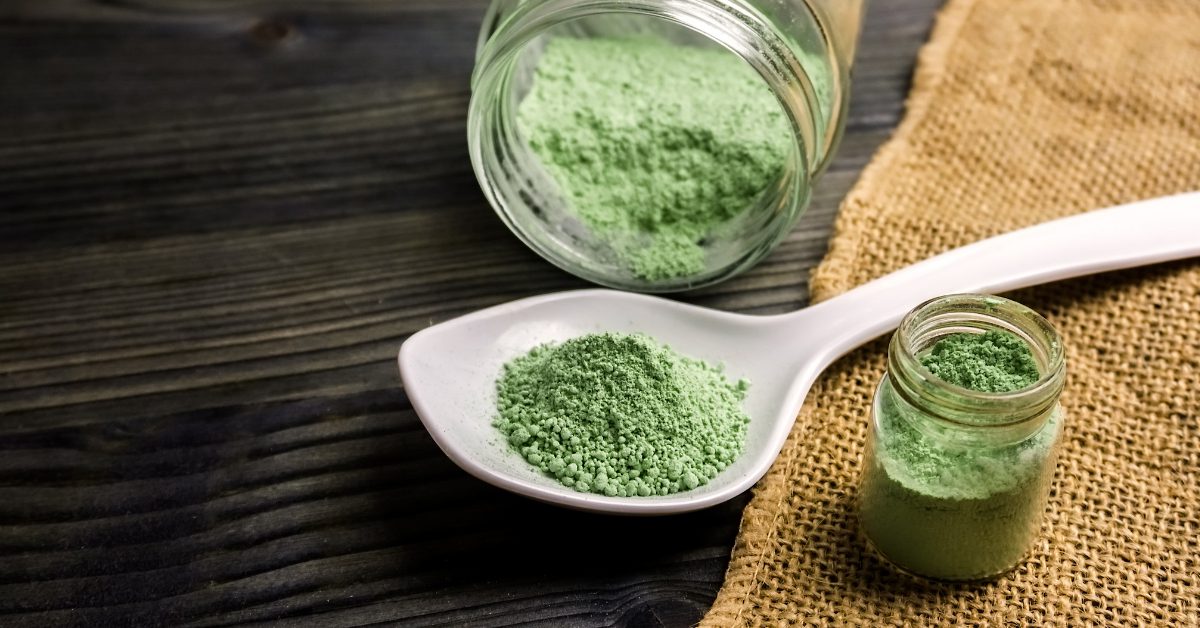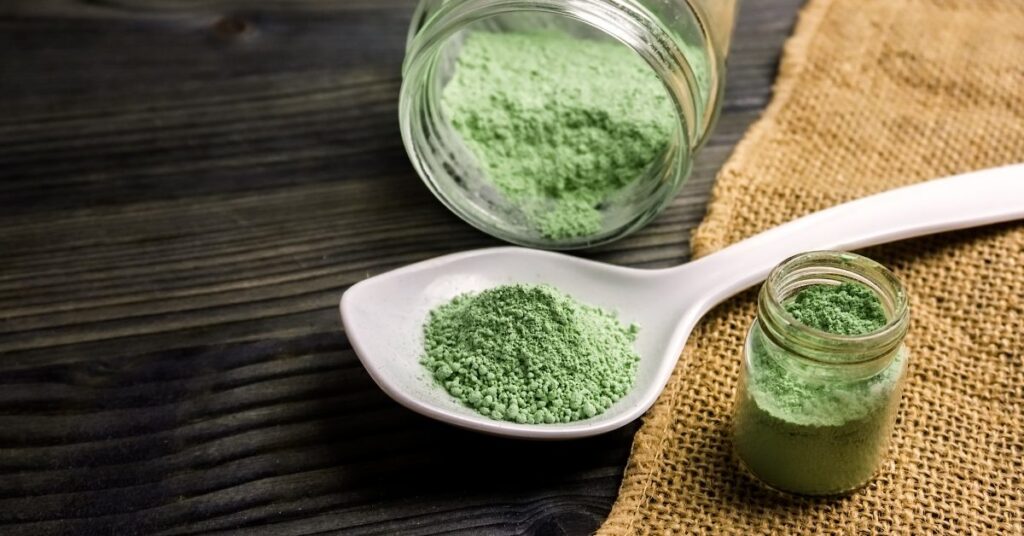Do You Have Withdrawal Symptoms From Taking Kratom?
Kratom can be bought legally at most head shops. It comes from the leaves of a tree. Can Kratom cause withdrawal symptoms?
Originally from Southeast Asia, Kratom leaves are brewed in tea or chewed for medicinal purposes. Since it has become popular to use, it is being bought online in the United States and other countries since it has similar effects to opioids. A person who uses large amounts of Kratom will feel sleepy and relaxed in addition to experiencing euphoria. High-intensity substances such as Kratom that also affect the brain’s opioid receptors cause physical addiction for people. Kratom is not an exact opioid, but the effects and physical dependency mirror Heroin, prescription pain killers, and morphine.
Two of the top five most prevalent compounds found in Kratom (i.e., mitragynine) are known to activate opioid receptors (FDA)

Where is Kratom Sold?
Because Kratom is a plant, people mistakenly believe that plant medicines are safer than other substances because they are natural. Many herbal remedy providers promote Kratom as an alternative to other drugs. However, several studies have shown that it can reduce inflammation and minimize pain. Still, it can only induce euphoria when consumed in enormous amounts. Kratom is primarily available online, in ‘head shops’ and natural medicine stores. Kratom-serving cafes or bars also sell Kratom teas and other medicinal herbs for consumption. Some vendors sell it like coffee or other caffeinated drinks.
Kratom tree species are of the Rubiaceae tree family, which also belongs to coffee plants/trees.
How Does Kratom Cause Addiction?
Since Kratom affects the brain’s reward pathway like other addictive drugs or natural things, such as sugar, anyone predisposed to addiction will like the effects and desire to use more. Additionally, Kratom activates a response from the brain’s opioid receptors, which is why so many people regard it as an opioid and a pain killer. However, once a person strikes the opioid receptors, they play with fire. They will promote their body and brain to become physically addicted to Kratom, just like a person abusing a potent opioid. Kratom affects the brain and the body like opioids when taken in massive amounts. Smaller amounts cause alertness more similar to caffeine or a stimulant.
Kratom can cause effects similar to both opioids and stimulants. When kratom is taken in small amounts, users report increased energy, sociability, and alertness instead of sedation. (NIDA)
Do You Have Withdrawal Symptoms From Taking Kratom?
Kratom addict’s experiences can be hazardous and debilitating, so compassion is essential. In addition to physical challenges from Kratom addition, users can also face emotional and mental difficulties. Those who use Kratom become physically dependent, so once the drug is no longer in their systems, they experience withdrawal symptoms. They most often resemble opioid withdrawals and include:
- Coughing
- Sneezing
- Vomiting
- Nausea
- Headaches
- Body aches
- Sweating
- Chills and clammy skin
- Inability to sleep
- Hallucinations
- Cravings for Kratom to alleviate these symptoms
What Type of Rehab Program is Best For Kratom Addiction?
The most vital program for Kratom addiction is to begin a medically supervised detox. The detox program will provide safe and effective replacement opioids, such as buprenorphine, to help the person get through withdrawals. While in detox, Kratom users will also see a counselor and behavioral therapist once they are physically stable. Following detox is inpatient rehab.
On Call treatment recommends that anyone addicted to or abusing Kratom remain in treatment for three months or longer. Kratom addiction is often adjacent to other opioid or stimulant addictions and even alcoholism.
Don’t let the misconceptions about Kratom as a natural drug fool you into thinking it is not as addictive as heroin, oxycontin, or cocaine. We have access to evidence-based programs that work. Call now to start.


